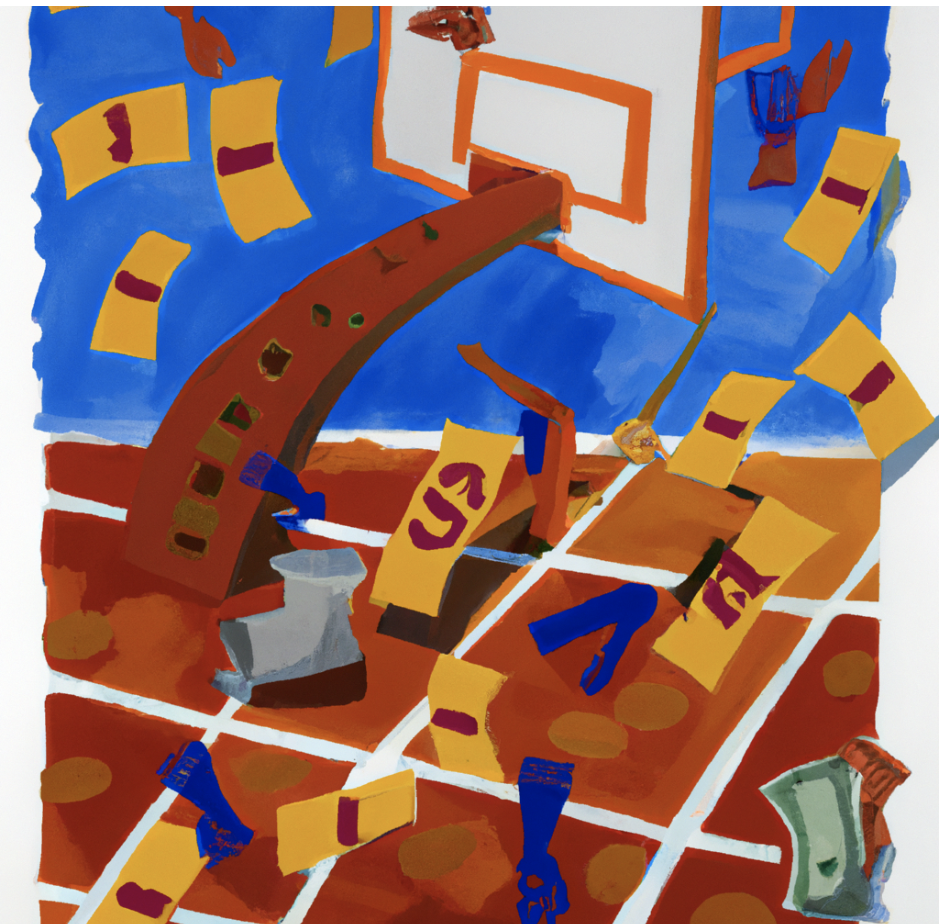NIL and Its Impact on Digital Marketing For Athletes
The National Collegiate Athletic Association (NCAA) recently changed its rules surrounding student-athletes’ ability to profit from their name, image, and likeness (NIL). These changes have significant implications for both the student-athletes themselves and the world of digital marketing.
Before the changes, NCAA rules prohibit student-athletes from profiting from their NIL while still in school. This meant they could not endorse products, sign endorsement deals, or otherwise benefit from their fame as athletes. The new rules, which went into effect in 2021, allow student-athletes to profit from their NIL while still in school, as long as they do not use their athletic reputation or fame to promote a product or service.
This change has the potential to significantly impact student-athletes and the way they can monetize their talents. It allows them to potentially earn additional income while they are still in school, which can be particularly helpful for those who come from lower-income backgrounds and may not have the financial means to support themselves. It also gives student-athletes the opportunity to build their personal brand and establish themselves as marketable athletes before they even leave school.
Digital marketing will likely play a significant role in how student-athletes are able to capitalize on their NIL. With the rise of social media and the increasing importance of online presence, student-athletes can use platforms like Instagram, Twitter, and YouTube to promote themselves and their personal brands. They can also use these platforms to connect with potential sponsors and endorsement deals.
Digital marketing can also be a powerful tool for student-athletes to connect with their fans and build their personal brand. By creating and sharing content highlighting their athletic achievements and personal interests, student-athletes can attract a more significant following and establish themselves as influencers. This can be particularly valuable for student-athletes who are looking to build a career in professional sports after they graduate.
While the changes to the NCAA's NIL rules have the potential to benefit student athletes, there are also concerns about the impact they may have on college sports as a whole. Some worry that the ability for student athletes to profit from their NIL could create an uneven playing field, with some athletes earning significantly more than others. There are also concerns that the changes could lead to an increase in corruption and unethical behavior, as student athletes seek to profit off of their fame.
Overall, the impact of NIL and digital marketing on student-athletes is significant and multifaceted. While the changes to the NCAA's rules have the potential to benefit student athletes, they also raise a number of important questions and concerns that will need to be addressed as the landscape of college sports continues to evolve.


